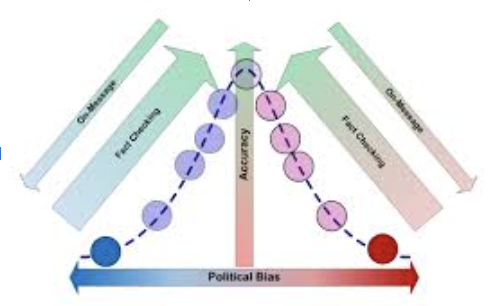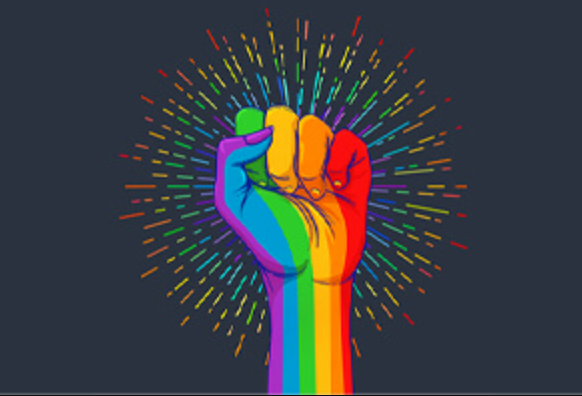When opening links to sketchy links your friends send you or wiki pages of fictional characters you like, there’s a good chance you’ve had a little pop-up at the bottom of the screen asking if you would accept cookies or if you would like to opt out. If you’ve been on the internet for several years, stop and think for a second — has that pop-up always been there?
The reality is, it hadn’t existed before 2018, when the California Consumer Privacy Act was established after Facebook’s Data Harvesting Scandal — you can thank Mark Zuckerberg for the annoying little pop-up floating around websites.

Photo via Michelle Sun
In early 2018, Zuckerberg was called to testify in front of Parliament and the US Congress (Yes, you may recall many Zuckerberg memes when he testified in Congress) about allegations of Facebook selling user data to Cambridge Analytic
a, a data analytics company, to predict how users would vote and target specific ads. This created a large uproar about privacy and large corporations handling user data, resulting in one of the biggest business ethics scandals in the past decade.

Photo via Twitter
Business ethics – a set of standards that dictates what is morally right in a company or workplace – is clearly something taken very seriously…but why?
One important consideration is that unethical practices can harm consumers. In the Facebook Data Harvesting Scandal, many Facebook users’ privacy was violated. With the Nestle Baby Formula Scandal, where Nestle claimed baby formula was more beneficial than breast-feeding, Nestle built a movement towards baby formula that resulted in millions of babies passing away from malnutrition.
Unethical practices can also hurt employees. In the Triangle Shirtwaist Factory Fire (shout-out to all the APUSH kids) during the 1900s, 146 workers (mainly young women) passed away in a factory fire because the managers locked the factory doors to prevent theft.

Public domain, via Wikimedia Commons
Ethics ties in closely with the stability and success of a business. One of the most well-known corporate scandals of all time is the Enron Scandal — even if you don’t know what went down, you’ve heard of it before. The scandal is an amalgamation of dubious, unethical behavior…but long story short: Enron destroyed and fabricated financial statements as well as using companies it owned to hide debt. The price of their shares crashed from $90.75 to $0.26 as Enron, once known as Wall Street’s Darling during its height, went bankrupt. Theranos is another infamous example of an unethical business that met its ultimate demise. Elizabeth Holmes, the founder of Theranos, claimed that Theranos could provide faster, more efficient, and cheaper blood tests by pricking a patient’s fingers to draw a raindrop-size blood sample, which is then run through the innovative Edison machines to obtain blood test results. Theranos gained a lot of traction, but eventually the glaring holes in the Theranos’s crumbling foundations were revealed. The FDA never cleared Theranos’s blood tests and Holmes’ research was never published in peer-reviewed journals. It was ultimately revealed that Holmes falsified results to seem as if Theranos technology was accurate when in reality it wasn’t. After this revelation, Theranos crashed and burned as Holmes was recently brought to court and was sentenced to 11 years in prison.
Ethical business practices are crucial in the modern world so that people aren’t harmed by greedy businesses, and that businesses can continue running smoothly and benefit the economy. So the next time you are annoyed that you can’t proceed on a webpage because you need to choose to accept cookies or manage preferences, remember to be thankful!
Sources

















![Teacher [Milk] Tea: Part 2](https://bisvquill.com/wp-content/uploads/2024/03/Screen-Shot-2024-03-19-at-9.28.48-PM.png)



































